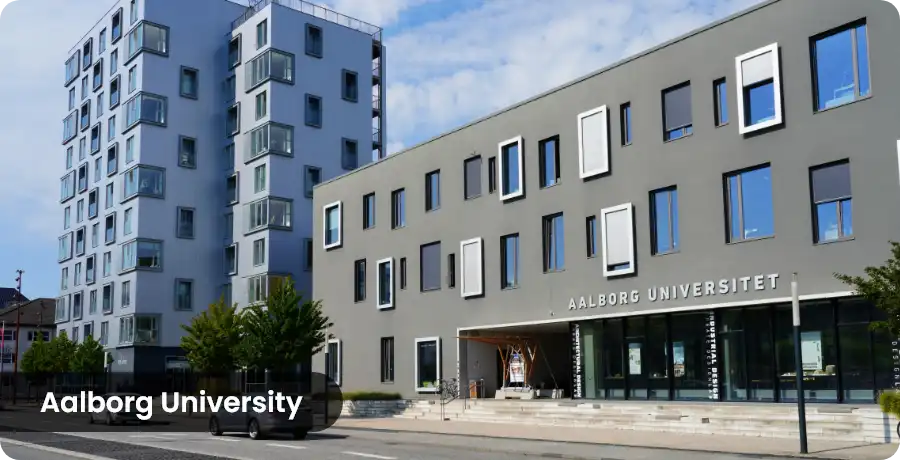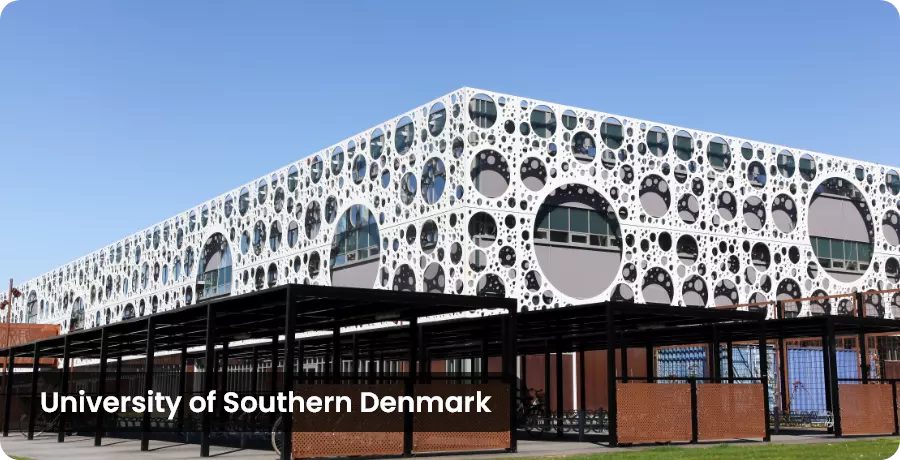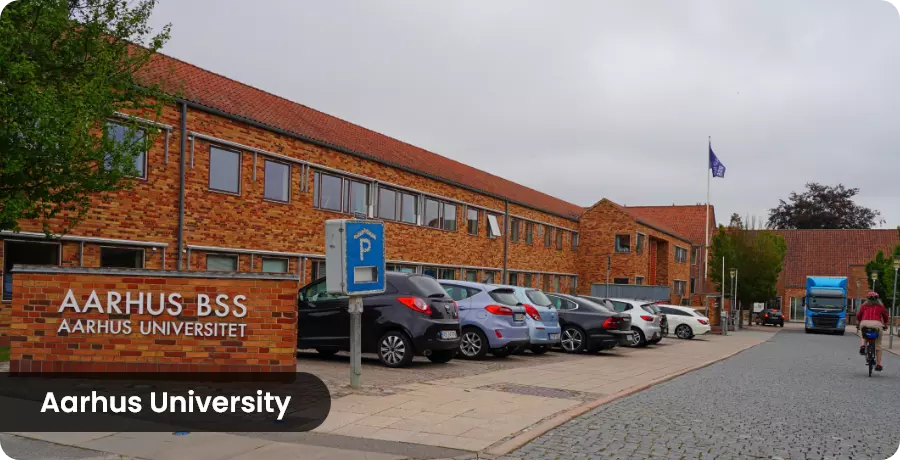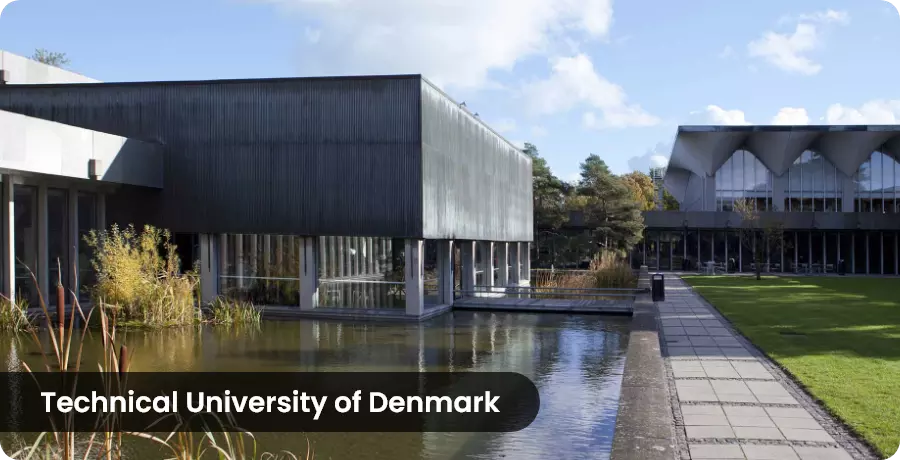Taking up a journey to study abroad is an exciting yet daunting prospect for many students, especially when considering a country like Denmark. With its renowned education system, high quality of life, and promising career prospects, Denmark has emerged as a popular destination for international students, including those from India. However, before leaping, it's natural to have a plethora of questions swirling in your mind. This comprehensive guide addresses the top FAQs about studying in Denmark in 2024.
Affordability and Financial Considerations
Free Education in Denmark:
Denmark offers tuition-free education for EU/EEA students, while International students, including those from India, must pay tuition fees. The fees vary by institution and program. On average, non-EU/EEA students can expect to pay between DKK 45,000 and DKK 106,000 per year for a Bachelor's degree and DKK 51,000 to DKK 108,000 per year for a Master's program. However, various scholarships and grants are available to help offset the cost of studying in Denmark, making it more accessible to students from diverse backgrounds.
Expensive Cost of Living:
Denmark is known for its relatively high cost of living, including expenses such as accommodation (around €240-460 per month), food, and transportation. However, compared to other popular study destinations, tuition fees in Denmark are often more affordable, especially when considering the quality of education and the ample scholarship opportunities available. Additionally, students can manage expenses by budgeting wisely and exploring part-time job opportunities.
Higher wages and generous social benefits help offset the higher costs, ensuring residents' comfortable living standards. Budgeting carefully and prioritizing spending is essential to make the most of your resources while studying in Denmark.
Factors such as personal lifestyle choices, location within Denmark, and individual circumstances can influence the overall cost comparison. Despite the higher expenses, many students find the quality of life and educational opportunities in Denmark to be worth the investment.
Academic and Language Requirements
IELTS:
Proficiency in English is essential for studying in Denmark, but the specific language requirements vary depending on the institution and program. Many universities accept alternative English proficiency tests such as TOEFL or Cambridge English exams in addition to IELTS. It's crucial to check the language requirements of your chosen program and ensure that you meet the specified criteria before applying.
Accepted Gap for Study:
Denmark's education system values continuous learning and personal development, with no strict limitations on the gap between previous education and enrollment in a Danish institution. However, applicants may be required to explain any significant gaps in their educational or professional background. Admissions decisions are typically based on academic qualifications, relevant experience, and the applicant's overall suitability for the chosen program.
English & Danish:
English is widely spoken and understood throughout Denmark, particularly in academic and professional settings. While learning Danish can enhance your experience and opportunities, most Danes are proficient in English, making it easy for international students to communicate and navigate daily life. Many universities also offer courses and support services in English to accommodate the needs of international students.
Learning Danish can be challenging for non-native speakers due to its complex grammar and pronunciation. However, many universities offer Danish language courses for international students, and proficiency in English is sufficient for most academic and professional endeavours in Denmark. Immersion in Danish culture and daily interactions with native speakers can also accelerate learning and enhance your language skills over time.
Intakes:
Danish universities typically offer two main intakes: the Autumn intake, which begins in September, and the Spring intake, commencing in February. However, specific programs and institutions may have additional or alternative intake periods, so checking the admission requirements for your chosen course is essential. By planning and aligning your academic timeline with the available intake periods, you can maximize your chances of securing admission to your desired program in Denmark.
Immigration and Settlement
Permanent Residence:
Denmark offers attractive post-graduation work and residence options for international students. Upon completing a degree from a Danish institution, students have the opportunity to apply for a post-graduation work permit, which can eventually lead to permanent residency, provided certain criteria are met. By securing employment and integrating into Danish society, graduates can pursue long-term residency and potentially, citizenship in Denmark.
With a thriving economy and a shortage of skilled professionals in various sectors, Denmark welcomes international talent, offering employment prospects in IT, engineering, healthcare, and business. By networking, gaining relevant experience, and leveraging their skills, Indian graduates can secure rewarding job opportunities in Denmark.
Settling in Denmark from India is indeed possible, albeit requiring careful planning and adherence to immigration regulations. With determination, language proficiency, and relevant skills, Indian immigrants can integrate into Danish society and pursue long-term residency or citizenship. Denmark's inclusive society, high quality of life, and ample opportunities for personal and professional growth make it an attractive destination for individuals seeking to build a new life abroad.
Employment and Job Market
Denmark's labour market offers diverse employment opportunities across various sectors, including information technology, engineering, healthcare, finance, and hospitality. Common jobs for international graduates include software developer, engineer, healthcare professional, consultant, and researcher. The availability of jobs may vary depending on factors such as location, industry demand, and individual qualifications. By exploring different career paths and leveraging their skills and expertise, graduates can find fulfilling employment opportunities in Denmark's dynamic job market.
International students in Denmark are permitted to work part-time during their studies, typically up to 20 hours per week during the academic year and full-time during semester breaks. Working while studying provides financial support, valuable work experience, and networking opportunities. Balancing's work commitments with academic responsibilities is important to ensure academic success and well-being while studying in Denmark.
Successful integration into the Danish labor market can lead to long-term residency and, potentially, permanent settlement in Denmark. By securing employment relevant to their field of study and meeting the necessary criteria, graduates can extend their stay in Denmark and build a career in the country.
Visa Requirements
Indian citizens are required to obtain a visa to study in Denmark. However, the application process is relatively straightforward, and Denmark's student visa policies are designed to facilitate the entry of international students seeking higher education opportunities in the country. By preparing the necessary documents, meeting the eligibility criteria, and submitting a complete visa application, Indian students can obtain a student visa to pursue their academic aspirations in Denmark.
While obtaining a Denmark student visa requires thorough documentation and adherence to visa requirements, the process is generally considered manageable for eligible applicants who diligently prepare and submit the necessary paperwork. By following the guidelines provided by the Danish immigration authorities and seeking assistance from educational institutions or visa consultants if needed, Indian students can successfully navigate the visa application process and embark on their study abroad journey in Denmark.
Bank balance required for Student visa:
To obtain a student visa, you'll need around €1,000 per month (approximately US$1,080) to cover living expenses. These financial requirements for a Denmark student visa vary depending on factors such as the duration of stay, accommodation arrangements, and individual circumstances. As a general guideline, applicants are typically required to demonstrate sufficient funds to cover tuition fees and living expenses for the intended period of study. It's essential to consult the specific requirements outlined by the Danish immigration authorities and provide comprehensive documentation to support your visa application.
Conclusion
Studying in Denmark offers a wealth of opportunities for Indian students, from high-quality education to promising career prospects and a vibrant cultural experience. By addressing these frequently asked questions, we hope to provide valuable insights and guidance to help students make informed decisions about pursuing their academic aspirations in Denmark. Whether you're drawn to Denmark's innovative learning environment, career opportunities, or quality of life, the journey begins with taking the first step towards realizing your educational goals in this dynamic Scandinavian nation.





.png)
.png)





